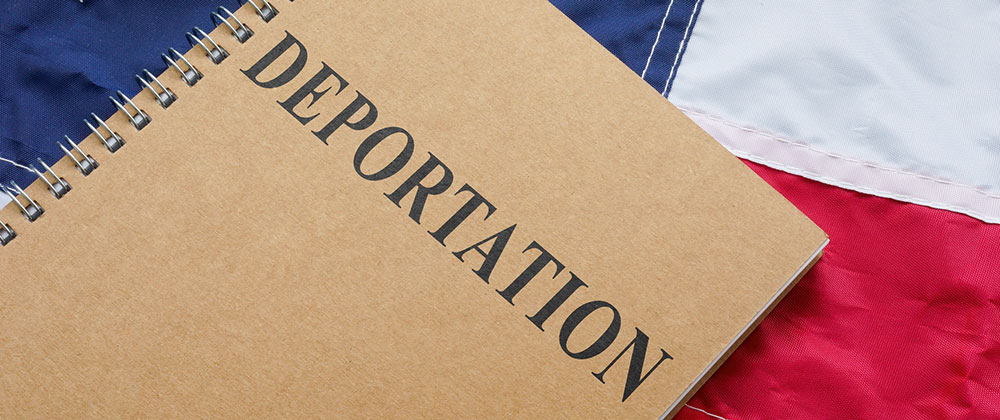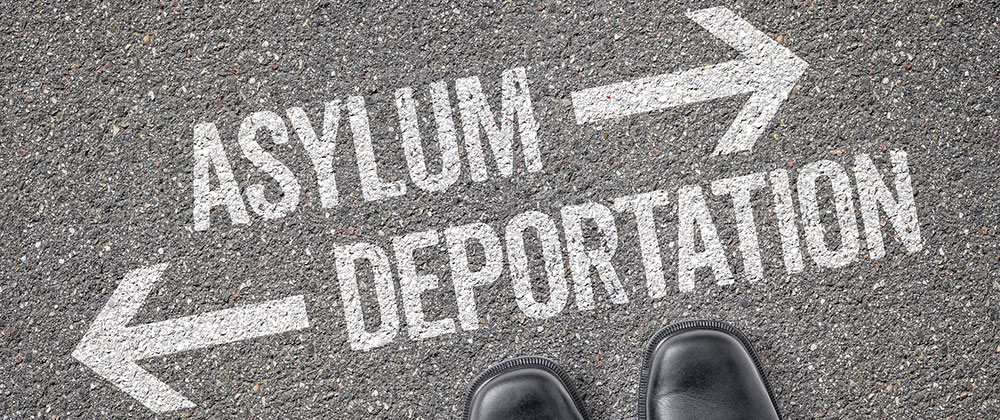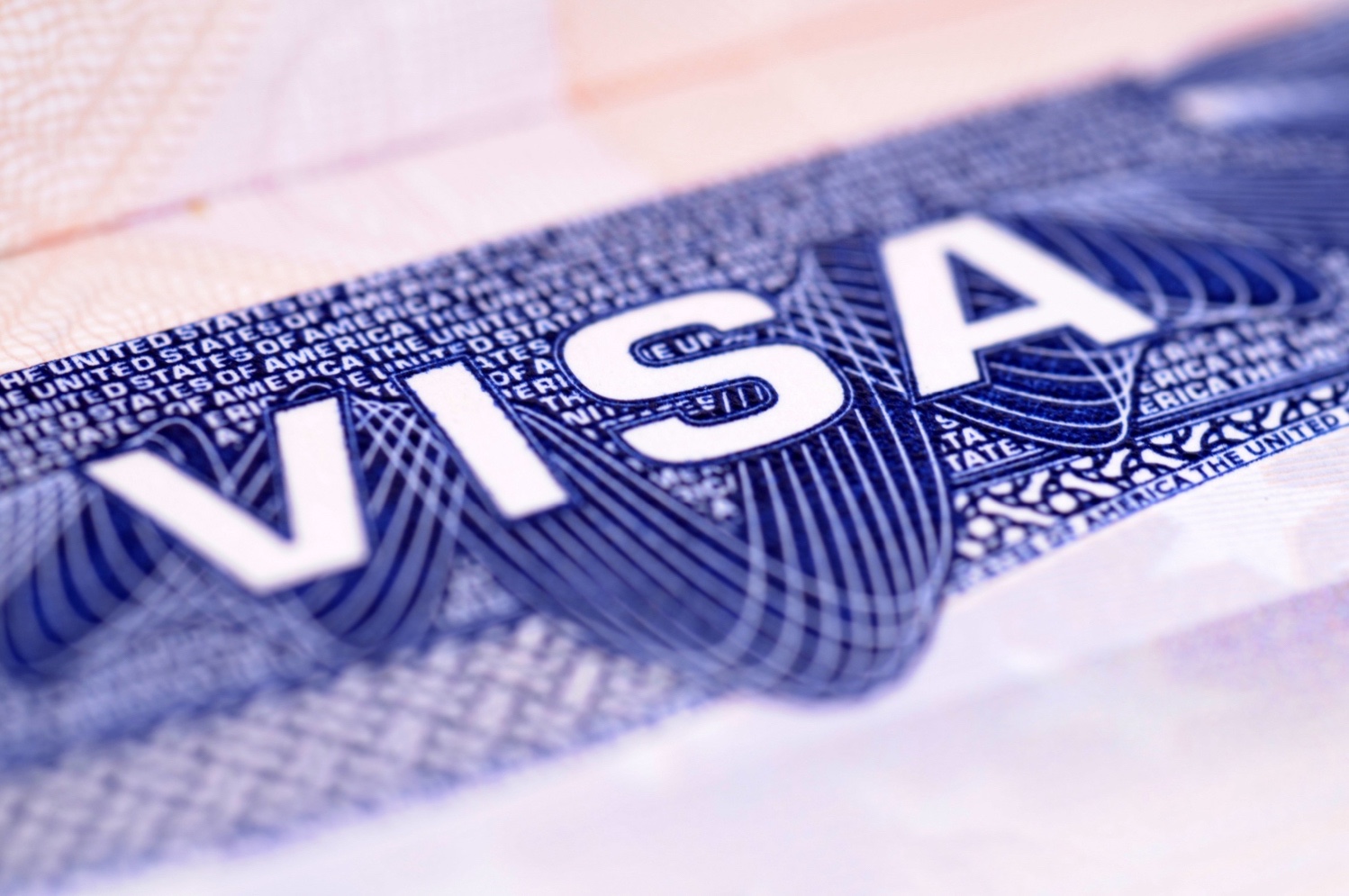In March, 2013 by executive order President Barack Obama permitted undocumented foreign nationals with qualifying relatives to apply for waivers while in the United States. This order helped those undocumented aliens who entered the US unlawfully to regularize if they have qualifying immediate family members who will suffer hardship. The President’s purpose was to avoid a long separation between the U.S./ permanent resident and their family member citizen and afford a more secure visa process. During the waiting period for the paperwork to be completed and the waiver approved, the foreign national usually waits in the United States.
If an alien has entered with a non-immigrant visa such as a tourist, student, or temporary employment visa such as H-1, L-1, H2-B, H-3, and overstayed, marriage to a U.S. citizen allows such foreigners to obtain residence without leaving the country. This is not the case for foreign nationals who entered across the border. The waiver procedure affords the possibility of regularizing status is available while greatly reducing the risk of a long stay outside the country.
EXTREME HARDSHIP
The U.S. citizen – permanent resident must prove extreme hardship if the waiver is to be granted. Many factors will be considered by the Immigration Service such as long separation from the U.S./permanent resident spouse or children of the marriage; physical or mental disabilities; loss of attachment to communities and friends in the U.S.; hardship for the U.S. spouse to leave the U.S. because the U.S. citizen/PR does not speak the language, or cannot find work in the undocumented alien’s country; absence from attending to care of parents; economic deprivation as a result of the removal; dangers that exist in the undocumented alien’s country by exposing the U.S. citizen/PR spouse and children to perils that do not exist in the U.S.; Also unavailable treatments and lack of proper hospital facilities. These are all factors that would be relevant to the grant of the waiver. The Immigration Service must consider all factor by their cumulative effect. While an individual factor may not be extreme in itself, the aggregate of them must be considered to support proof of extreme hardship. The hardship to the U.S. citizen/permanent resident must also take into account the their family ties in the U.S./PR such as absence from parents; the financial impact of the departure, significant health problems that can be provided in the U.S., and are not available in the undocumented country.
New York Provisional Waiver Attorney
Need help from an experienced New York immigration attorney? Call Us: (212)944-9420. or Email: Info@oltarsh.com
Our assistance is only a phone call, or e-mail communication away!



